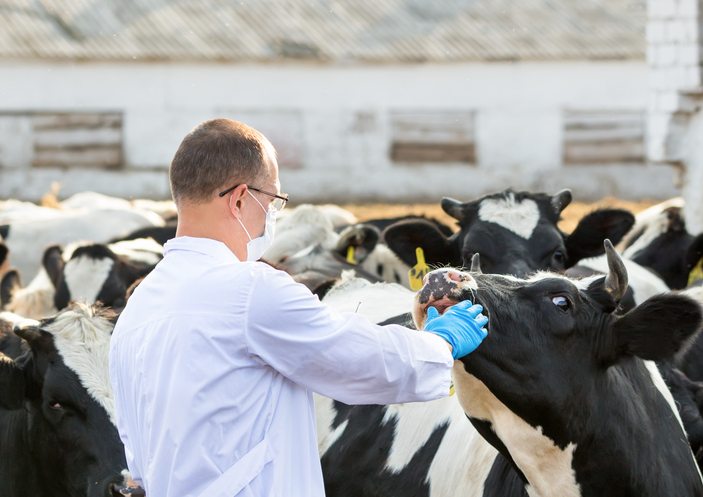Feeding farm animals is one of the most crucial aspects of animal husbandry. It directly impacts the health, productivity, and quality of the animals. Proper nutrition ensures that the animals remain healthy and produce high-quality products such as milk, eggs, and meat. In this article, we will delve into the importance of feeding farm animals and the factors that contribute to their overall well-being. Lets see more information about nutrition for growth.

Credit: www.bentoli.com
1. Balanced Nutrition
Just like humans, animals require a balanced diet to meet their nutritional needs. A well-balanced diet provides the necessary nutrients such as carbohydrates, proteins, fats, vitamins, and minerals essential for growth, reproduction, and overall health. It’s important to consult with a livestock nutritionist to formulate a diet that meets the specific nutritional requirements of each type of animal.
2. Growth and Development
Feeding farm animals with the right nutrients is critical for their growth and development. Young animals, especially, need a diet that supports their rapid growth. Nutrient-dense feeds help in building strong bones, muscle development, and overall growth. For example, a diet rich in calcium is essential for laying hens to produce strong eggshells.
3. Reproductive Performance
Proper nutrition plays a vital role in the reproductive performance of farm animals. A well-fed animal is more likely to reach sexual maturity at the right time and exhibit healthy reproductive behaviors. For breeding animals, a balanced diet ensures proper ovulation, sperm production, and successful conception, leading to healthy offspring.
4. Product Quality
The quality of products derived from farm animals, such as meat, milk, and eggs, is directly influenced by their diet. For instance, cows that are fed a diet rich in omega-3 fatty acids produce milk with higher levels of this beneficial nutrient. Similarly, the flavor and texture of meat can be improved by feeding animals with the right combination of grains and forage.
5. Disease Resistance
Animals that are well-nourished have a stronger immune system, enabling them to resist diseases and infections. Proper nutrition supports the production of antibodies and other immune factors that help animals fight off pathogens. This reduces the need for antibiotics and other medications, thus ensuring the safety of animal products and the environment.
6. Overall Well-being
Feeding farm animals is not just about meeting their basic nutritional needs; it also contributes to their overall well-being. A balanced diet keeps the animals in good condition, with shiny coats, strong hooves, and healthy body weight. It also supports their mental and emotional health, reducing stress and promoting natural behaviors.
7. Economic Impact
From an economic standpoint, proper nutrition for farm animals directly influences the profitability of livestock operations. By investing in high-quality feed and nutrition programs, farmers can expect better growth rates, higher productivity, and improved efficiency in converting feed into saleable products. This, in turn, boosts the overall profitability of the farm.
Frequently Asked Questions For Importance Of Feeding Farm Animals: Vital Nutrition For Growth
Why Is Feeding Farm Animals Important?
Feeding farm animals is important to ensure they receive the necessary nutrients for growth and health.
What Are The Benefits Of Proper Animal Feeding?
Proper animal feeding provides essential nutrients, promotes growth, and enhances overall health and productivity.
How Does Feeding Impact Animal Welfare?
Feeding directly impacts an animal’s welfare by ensuring their nutritional needs are met, promoting overall health and well-being.
What Role Does Proper Feeding Play In Farm Management?
Proper feeding is crucial for farm management as it directly impacts animal productivity, health, and overall farm profitability.
Conclusion
In conclusion, the importance of feeding farm animals cannot be overstated. It is a fundamental aspect of animal care that influences their health, productivity, and the quality of products. By understanding and meeting the nutritional requirements of farm animals, farmers can ensure the welfare of their livestock and the success of their agricultural ventures.
Remember, a well-fed animal is a healthy and productive animal!
Thanks for read the article. Hope you have got information about nutrition of growth.

Leave a Reply